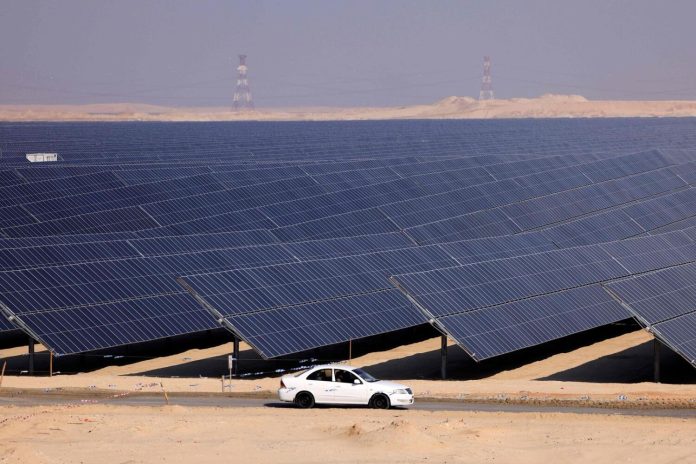The UAE is committed to reducing fossil fuel reliance and achieving net-zero emissions by 2050, necessitating substantial investments in low-carbon energy and energy efficiency. Financial incentives, including tax breaks and grants, drive this transition. Dubai is a top destination for renewable energy investments, with expectations of significant GDP growth and job creation by 2030.
Mubadala Energy and Masdar have a Dh20 billion joint venture for decarbonization and renewable projects. Falling costs and emerging technologies like green hydrogen play vital roles. The world’s largest green hydrogen project by Masdar aims to produce 200,000 tonnes annually.
The UAE also invests in energy transition tech in transportation, manufacturing, and agriculture, stimulating the economy and supporting green hydrogen development. As hydrocarbons decrease in the global energy mix, the UAE is poised to lead in low-carbon energy tech and services export.
Effects on sectors
The shift to low-carbon energy is poised to have a profound impact on various industries. Take the transportation sector, for instance, which is embracing electric vehicles (EVs). The UAE, a leading market for EVs, is actively promoting their adoption through incentives like tax breaks, charging infrastructure expansion, and dedicated parking spaces. Notably, several EV manufacturers plan to establish operations in the UAE. With 70% of UAE drivers considering EV purchases, the automotive industry is undergoing significant changes, attracting investment from traditional manufacturers and emerging EV startups. This transition is also opening doors in the charging infrastructure and battery supply chain sectors.
Similarly, the manufacturing sector is transitioning toward cleaner and more sustainable energy sources. Besides direct investments in renewable energy, some manufacturers are venturing into energy-efficient technologies, such as the production of solar panels, wind turbines, and related solutions. Cleaner manufacturing is expected to reduce costs, enhance efficiency, and generate new employment opportunities.
The UAE’s low-carbon energy shift isn’t just about reducing greenhouse gas emissions; it’s also a strategic move to diversify the economy and create jobs. This transition represents a leap forward for the UAE, benefitting the environment, economy, and future prospects.



